Naomi Osaka's tears and the moral performance of tennis
Under the spotlight of the central court in Montreal, Naomi Osaka's eyes were red, her fingers unconsciously rubbing the edge of her shirt. In the recently concluded WTA 1000 Montreal final, she won the first set but was reversed, with a cruel 1-6 score in the deciding set marking yet another setback in the comeback journey of the former world number one. Even more unexpected for her was that after she hurriedly thanked her team and the event organizers in just 30 seconds during the award ceremony, she left in silence, and social media was instantly flooded with anger—she forgot to congratulate the champion, Mbogu.
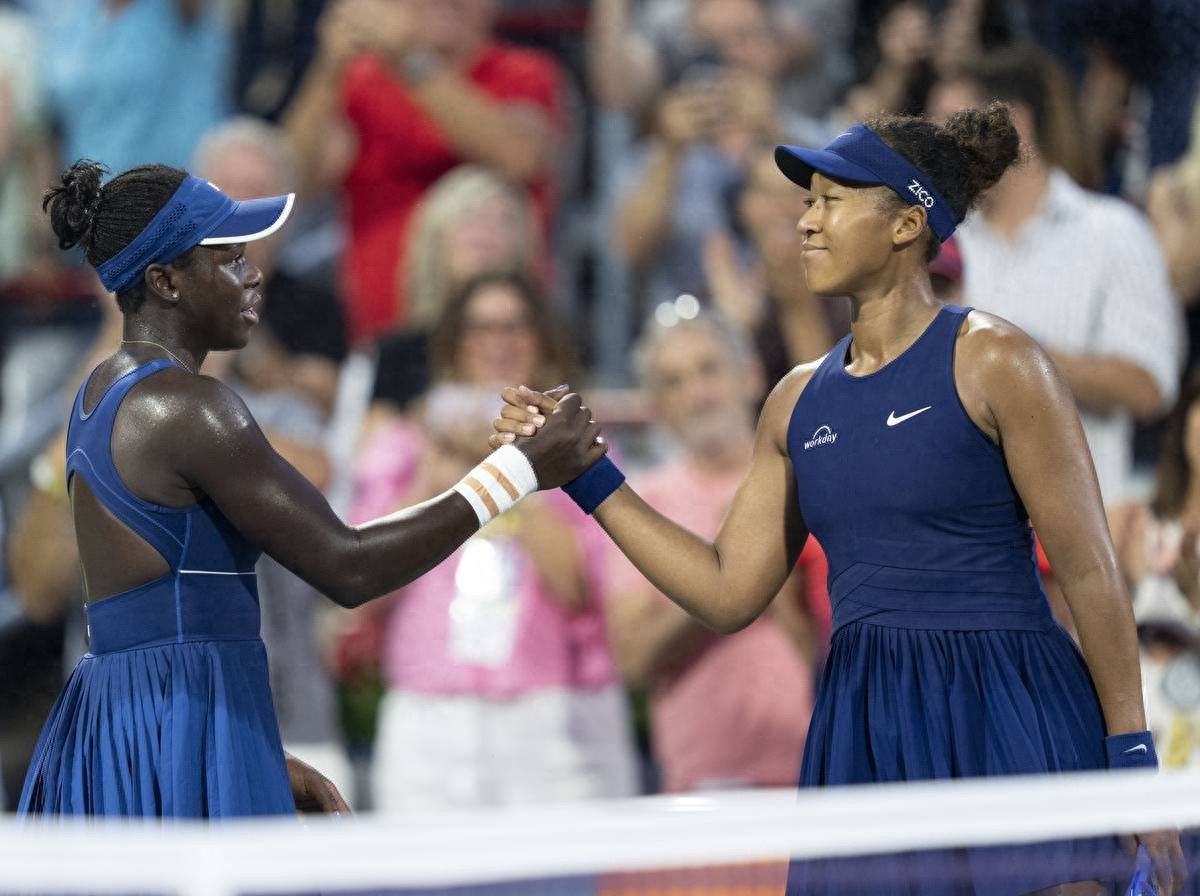
Under the bombardment of sharp-eyed fans, Naomi Osaka issued an apology within 24 hours: “I realized I didn’t congratulate you on the court, to be honest, I was in a daze at that moment.” She explained that she was trying hard to avoid the verbal slip that occurred in 2018 due to emotional distress, but instead fell into another kind of loss of composure, “I don’t know why my emotions fluctuate so quickly.” This incident acted like a prism, reflecting the unspoken mental burdens that public figures carry behind their wealth and glamour.
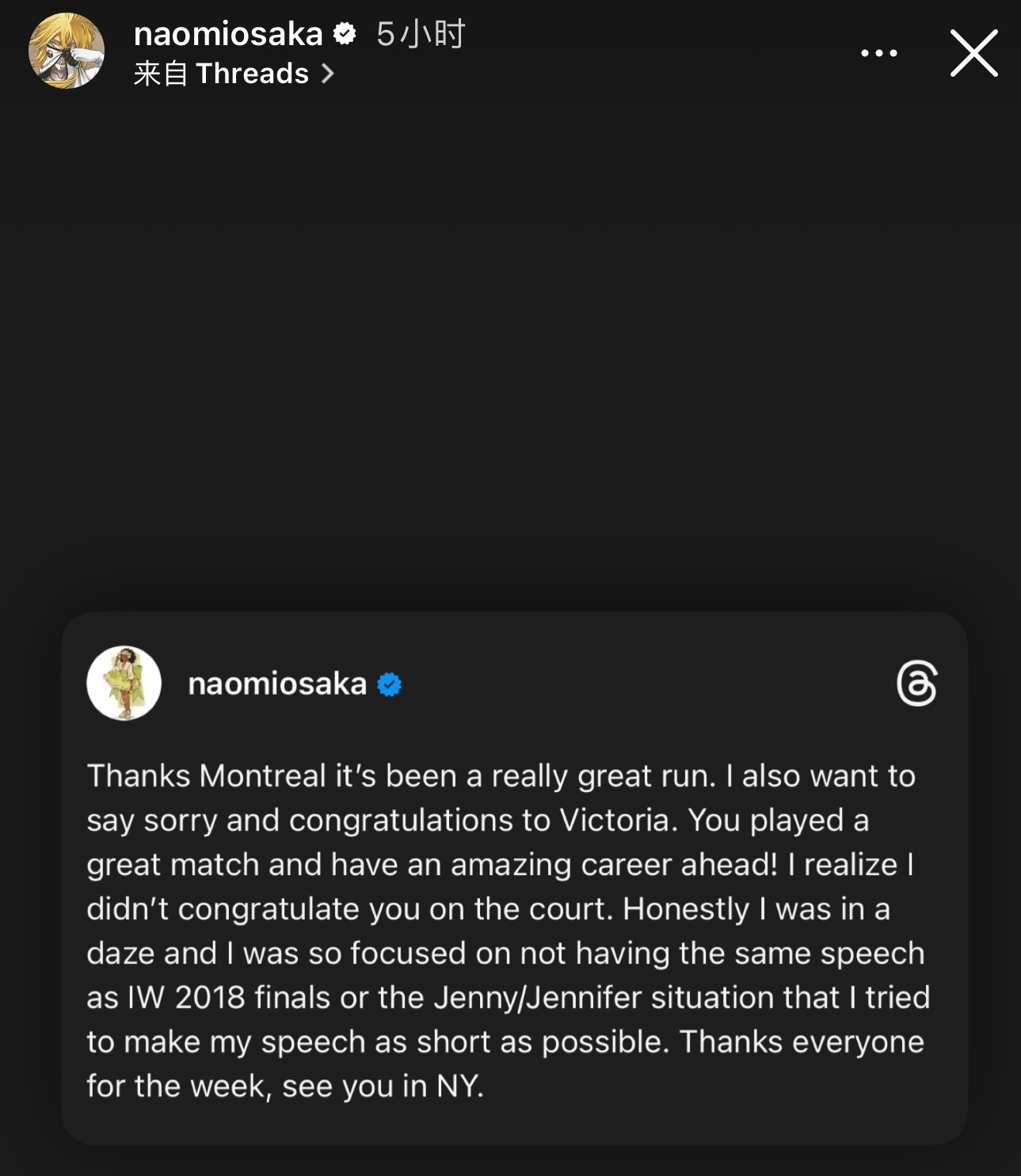
The emotional control required by tennis for its losers is almost harsh. When Naomi Osaka was warned by the referee for her emotional breakdown in Montreal and then criticized by public opinion for her conduct during the award ceremony, former US Open champion Roddick stepped up to defend her: “Tennis is the only sport that requires players to speak publicly immediately after a loss.” This statement hits at the hidden rules of professional tennis—when the NBA Finals conclude, the spotlight only shines on the championship team; on the F1 podium, cameras rarely focus on the disappointed eyes of the third-place finisher. Only in tennis are athletes required to immediately take the microphone and perform a “graceful act” while adrenaline is still high and tears are still fresh, and Osaka's “daze” is precisely a stress response under such pressure. In the deciding set in Montreal, her technical movements completely fell apart, losing every service game, even venting her emotions by smashing balls. After a dual collapse of physical and mental states, the event system still required her to stand in front of the microphone and smile, which in itself is brutal.
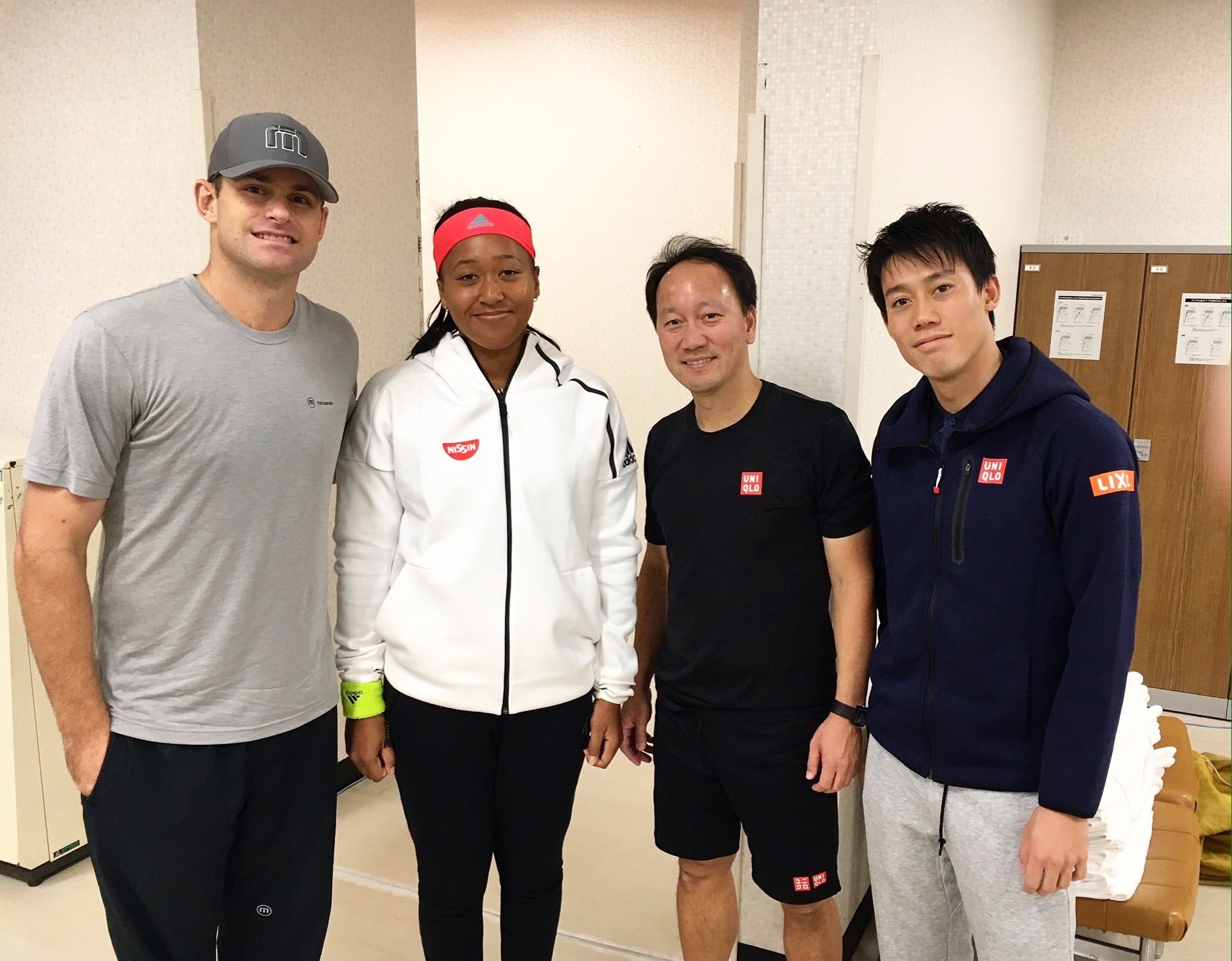
Osaka's resistance to media interaction is deeply rooted in her psychological trauma. In the 2021 French Open, her announcement to refuse to hold a press conference before the tournament caused a huge uproar. Even after winning the first round, she was fined $15,000 by the four Grand Slam tournaments and received a stern warning that “continued violations will result in disqualification.” At that time, she tearfully revealed: “Since the 2018 US Open, I have been suffering from long-term depression.” This pain peaked in 2021: “In Paris, I felt my fragility and anxiety; I am not a natural public speaker.” Although she withdrew to protect herself, public opinion had already labeled her as “willful.”

The “daze” in Montreal four years later is, in fact, a reaction under the same psychological mechanism. When she deliberately minimized her speech to avoid emotional breakdown, she inadvertently triggered a new storm by omitting key courtesies. Mental health issues shadow her, becoming an inescapable “second arena” for her as a public figure.
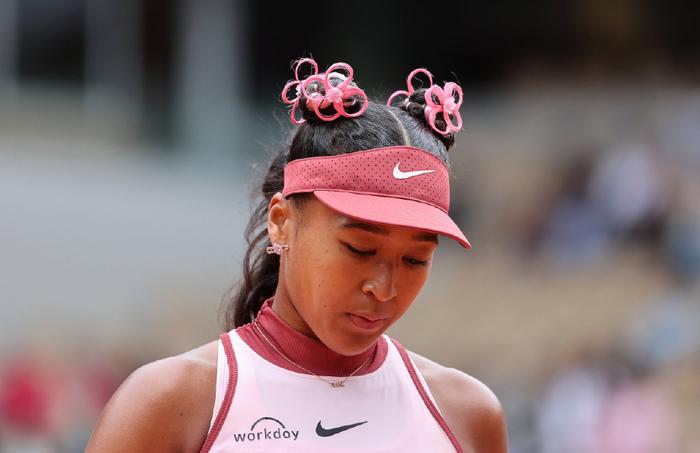
Naomi Osaka is not unaware of the rules. In 2020, at the age of 22, she topped Forbes' list of highest-earning female athletes with an income of $37.4 million, surpassing Serena Williams and breaking Maria Sharapova's record. Japanese brands flocked to her after she chose to represent Japan in the Olympics, and her cross-cultural background became a perfect commercial symbol. Behind this enormous commercial value lies a harsh invisible contract—sponsors demand that she maintain a humble and sincere image, event organizers require her to fulfill media obligations, and the public expects her to always display “graceful demeanor.” When she broke this balance in Montreal due to instinctive emotions, the punitive mechanisms of the contract immediately became apparent.

Roddick's defense points directly to the core: “I would rather she and Mbogu be friends off the court than just show friendliness on the podium while holding a microphone.” This statement tears apart the hypocrisy of tennis etiquette: when commercial interests package athletes as commodities, their real humanity becomes a flaw that needs to be concealed. The systemic neglect of athletes' mental health in professional tennis has a long history, and Osaka's experience in Montreal is not an isolated case: during the 2018 US Open final award ceremony, she was brought to tears by audience boos; in the 2021 French Open, she was forced to withdraw to gain breathing space.
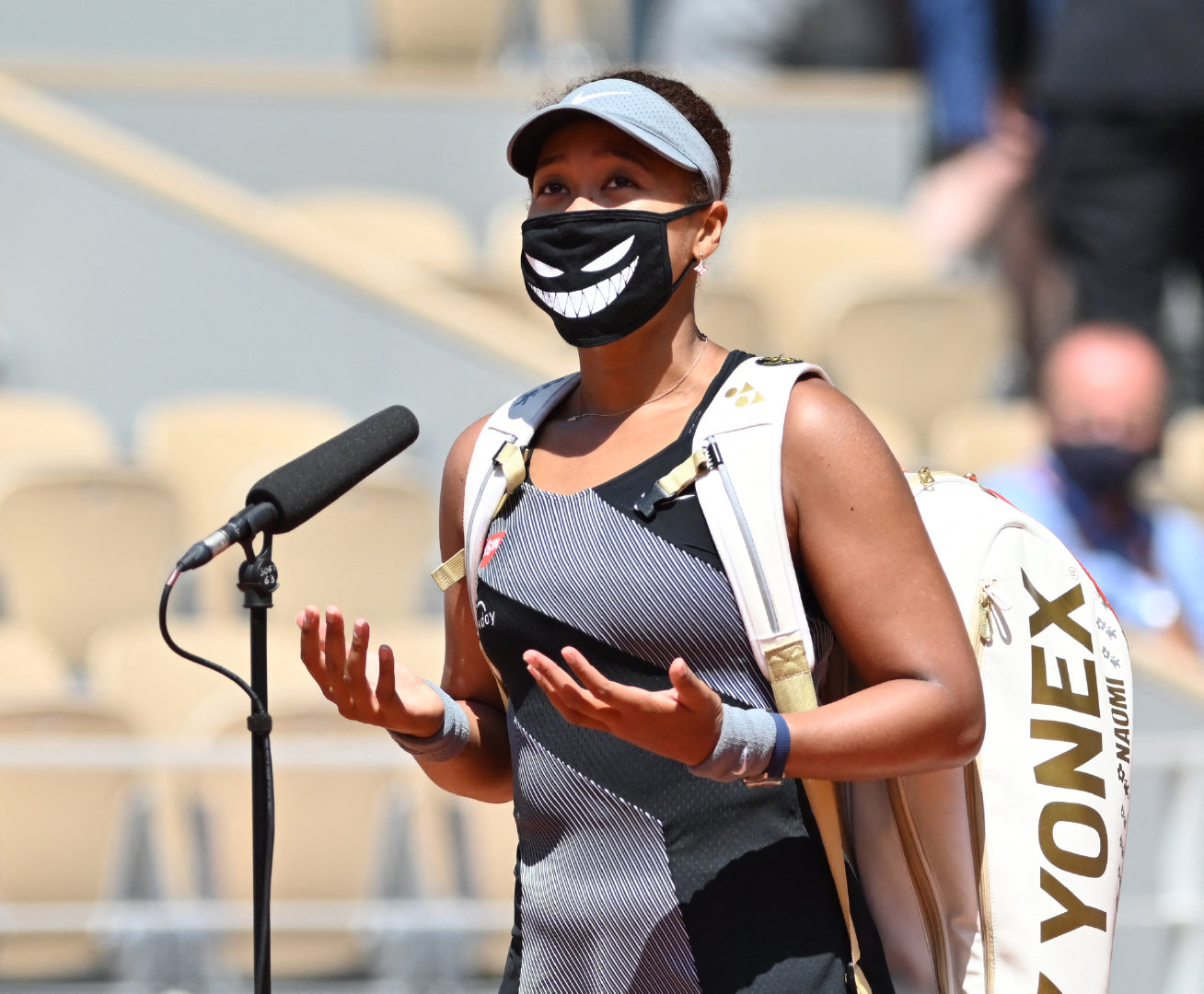
If tennis governing bodies truly care about athletes' mental health, they need to rethink traditional rituals. Can we allow losers to delay their speeches? Can we eliminate immediate interviews for those who have lost? When Mbogu lifts the trophy, what Osaka may need is not a microphone but a quiet room and professional psychological counseling. The commercial logic of professional sports will never fade away, but human-centered design could serve as a balancing point. As Osaka hinted in her statement in Montreal: true sportsmanship should embrace the cheers of victors while also respecting the temporary silence of the defeated.

The storm in Montreal will eventually be overshadowed by new events, but Osaka's statement in her apology, “I don’t know why my emotions fluctuate so quickly,” still pierces the nerve of tennis culture. When Roddick pointed out the emotional buffer space given to losers in other sports, tennis's traditional etiquette seemed increasingly pale. The glaring contrast between the $37.4 million annual income of this four-time Grand Slam champion and her psychological pain reveals the survival paradox of public figures: they are elevated to the altar by capital but find no steps beneath the altar when their humanity falls.

The essence of sportsmanship lies not in flawless award speeches but in allowing that dazed figure to temporarily retreat into the shadows—because only respected vulnerability can lead to renewed strength.(Source: Tennis Home, Author: Xiao Di)







 Links
Links
 Contact
Contact
 App
App


